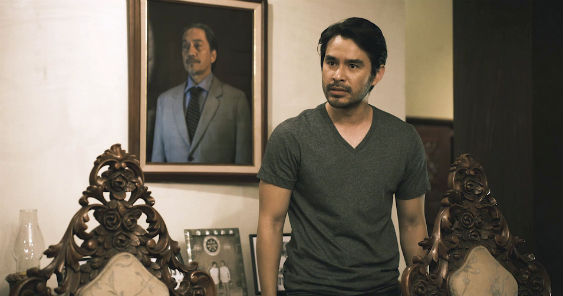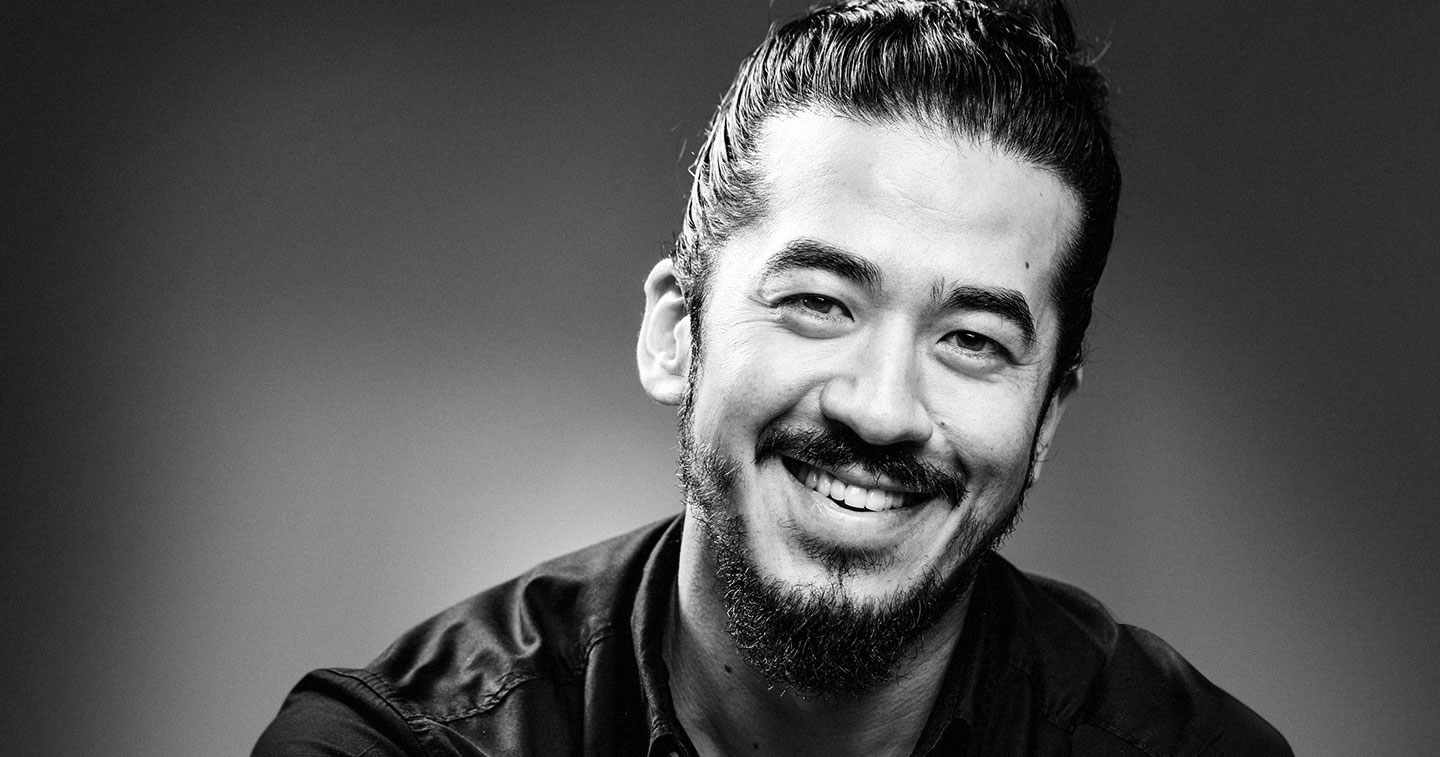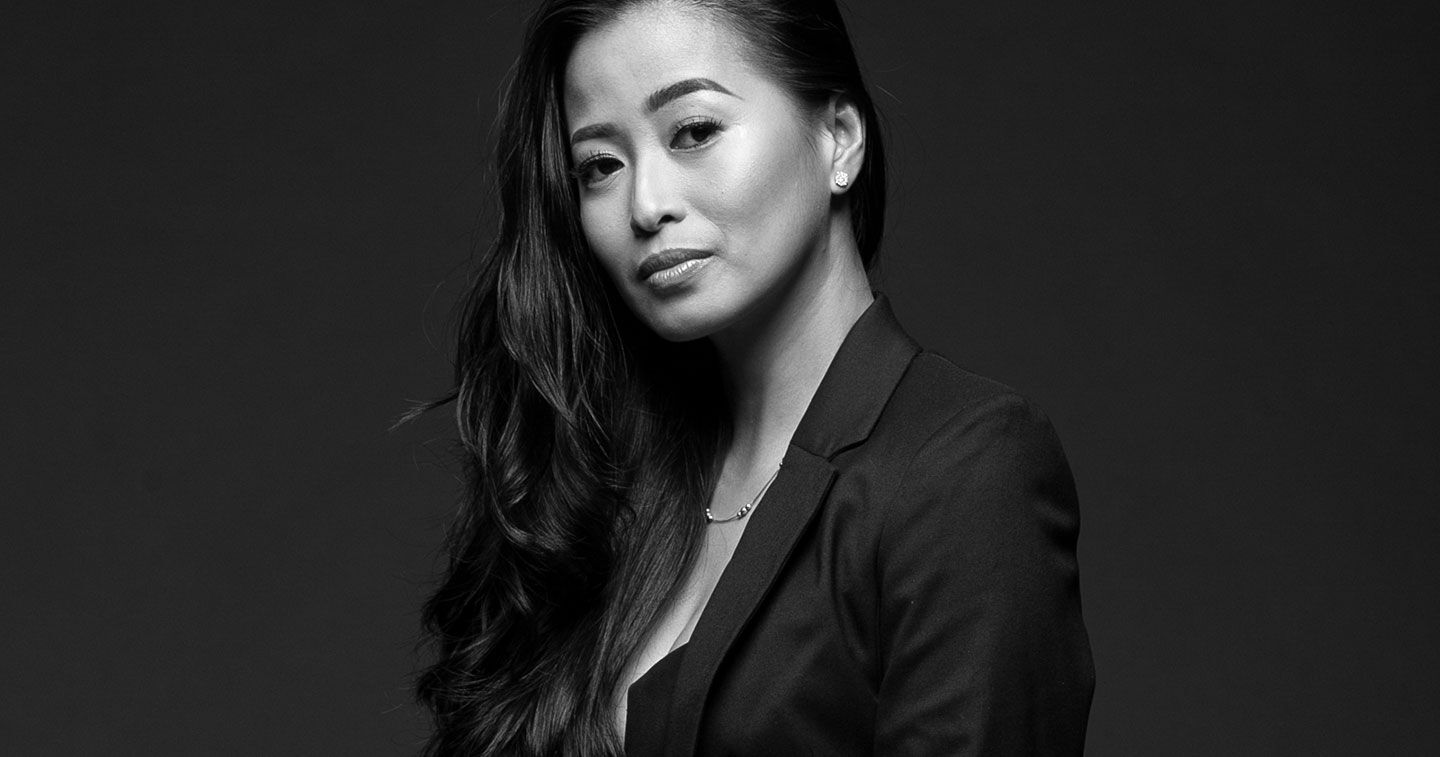In the wake of two comicbook films and a Star Wars prequel featuring a young Han Solo, a long-dormant Filipino filmmaker has returned with a decidedly more personal piece. Mike de Leon, the same man behind milestone movies Kung Mangarap Ka’t Magising, Kakabakaba Ka Ba?, Batch ’81, Sister Stella L, and Bayaning 3rd World returns after close to two decades with a commentary on current Philippine society in Citizen Jake.
Set in 2015 before the Philippine presidential elections, Jake Herrera (Atom Araullo) is the second son in a political family. His father, Jacobo (Teroy Guzman), is a former Marcos crony who is running for the Senate once more. Elder brother Roxie (Gabby Eigenmann) is a congressman who is following the senator’s corrupt footsteps. Though Jake studied journalism, he leaves the newspaper he works for and becomes a teacher to avoid a conflict of interest. However, he maintains a personal blog and practices citizen journalism, calling out wrongs in society even if it is in direct contradiction with his family.
Jake chooses to live in Baguio, in the house his mother Victoria (Dina Bonnevie) left him before she herself left the family to escape Jacobo’s shadow. In the City of Pines, Jake has made a life with girlfriend Mandy (Max Collins), a fellow teacher who Jake fears gets too close to her students. In Baguio, Jake lives with the caretakers of his mom’s house (Nanding Josef and Ruby Ruiz) and their son Jonie (Adrian Alandy). Jonie grew up with Jake and also works as a “pony boy” giving horse rides to tourists, yet also dreams of working abroad in Dubai.
When one of Mandy’s students, Grace (Elora Españo) is found dead after being raped, Jake investigates the circumstances though Mandy feels that he’s not as bothered since it isn’t a political story for his blog. What follows is an examination of the continued corruption and politics of patronage in the country. As Jake examines how Grace was dragged into a life she didn’t want, he discovers family secrets that were kept from him and realizes that though things may change in the Philippines, some things, unfortunately, remain disgustingly the same.
Director De Leon often blurs the lines between straight narrative and documentary in Citizen Jake as the characters also break the fourth wall when they look straight at the camera to address their audience. There are also instances when the camera crew shooting the film are shown behind the scenes, perhaps a deliberate strategy on De Leon’s part to further blur the lines between fact and fiction.
It’s almost shocking sometimes how fearless De Leon is when he calls out names of people who have been in power or returned to power after being evicted in 1986. The naming of the Marcoses, Juan Ponce Enrile, and other politicians shows no desire on the filmmaker’s part to sugarcoat the reality of the current socio-political climate. If in his past works, De Leon has shone a spotlight on fraternity violence, labor unions, or deconstructing the mythology around Jose Rizal, De Leon takes aim at social media and online journalism. Citizen Jake laments how social media often has people screaming at each other online, and that actual news is being diluted through its filters. Although people can now take photos and videos of crimes to make them go viral, real change at the highest levels are harder to come by and the people at the bottom of the poverty line still get the short end of the stick.
Atom Araullo may be an acting neophyte, but he gives a credible enough performance in the title role while surrounded by a cast that pulls off the political dynasty desperately clinging to power well. Max Collins seems too pretty to be the sympathetic teacher in the City of Pines, but that’s not to say she didn’t ably carry herself. Adrian Alandy’s Jonie, part servant, part friend, part brother to Jake embodies the downtrodden Pinoy who keeps trying to get out from under the thumb of his master yet can’t seem to shake off powerful individuals that continue to hold sway over him. Guzman is more famous in theatrical circles, but his portrayal of the trapo who yearns for the good old days of Martial Law sadly sounds like a too familiar tale. Eigenmann’s Roxie, perpetually quoting lines and scenes from The Godfather movies, usually emerges as the comic relief, but he quickly turns into a sadistic slimebag when he doesn’t get his way. Perhaps De Leon found the right buttons to push in Eigenmann as he did with Eigenmann’s late father, Mark Gil, nearly four decades earlier.
There are points in the film that De Leon makes the audience feel uncomfortable whether it be for all the swearing or the reminders that the forgiving nature and shortsightedness of the Filipino has led to most of his ills today. It is painful. It is discouraging. It is also true. Using actual historical footage, books, or documents once again grounds Citizen Jake in the sad reality of what we are going through right now.
Like Bayaning 3rd World back in 1999, there are fears that Citizen Jake‘s cinematic run will also be cut short. This is, after all, squaring off with the Avengers, Deadpool, and Han Solo. The cinemas that have been screening it are often half-empty at best. However, if you can spare a little over two hours in your week, you owe it to yourself as a Filipino who needs to wake up from the evils that so many have caused against your countrymen to watch this on a big screen.







